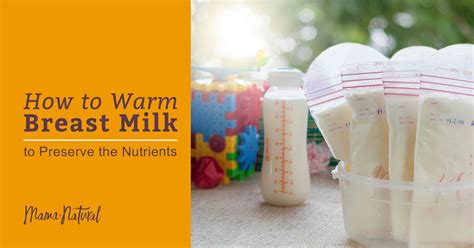Introduction
Moringa oleifera, commonly known as moringa, is a nutrient-rich plant that has gained attention for its potential therapeutic effects. Metformin, on the other hand, is an oral medication prescribed to manage type 2 diabetes. While both substances have individual health benefits, the question arises: Can moringa be taken safely with metformin? This article delves into the scientific evidence and provides detailed guidance on the compatibility of these two agents.

Potential Benefits of Moringa
According to the World Health Organization (WHO), moringa leaves are a nutritional powerhouse containing:
- Vitamins: Vitamins A, B1, B2, B3, B6, C, E, and K
- Minerals: Calcium, potassium, magnesium, iron, and zinc
- Antioxidants: Quercetin, kaempferol, and chlorogenic acid
These compounds confer various health benefits, including:
- Anti-inflammatory properties
- Antioxidant protection
- Improved blood sugar regulation
- Antiviral and antibacterial effects
- Reduced cholesterol levels
Potential Interactions with Metformin
Metformin works by decreasing glucose production by the liver and increasing insulin sensitivity. Studies have shown that moringa may also possess antihyperglycemic properties, suggesting a potential interaction between the two substances.
One study conducted on male Wistar rats found that moringa extract significantly reduced blood sugar levels and improved insulin sensitivity, comparable to the effects of metformin. However, another study on humans with type 2 diabetes reported no significant differences in blood sugar levels when moringa extract was added to metformin therapy.
Safety Considerations
Limited human studies have investigated the combined use of moringa and metformin. However, anecdotal reports and theoretical considerations suggest potential safety concerns.
Hypoglycemia: Both moringa and metformin can lower blood sugar levels. Taking them together may increase the risk of hypoglycemia, especially in individuals who are not closely monitoring their glucose levels.
Gastrointestinal Upset: Moringa may have laxative effects, while metformin can cause gastrointestinal side effects such as nausea, vomiting, and diarrhea. Combining the two substances may exacerbate these symptoms.
Drug Interactions: Metformin may interact with several medications, including medications that are metabolized by the liver. Moringa, although primarily excreted unchanged, may have a potential to interfere with drug metabolism.
Recommendations for Use
Based on the available evidence and safety considerations, the following recommendations are proposed:
- Monitor Blood Sugar Levels: Individuals who take both moringa and metformin should monitor their blood sugar levels carefully to prevent hypoglycemia.
- Start with a Low Dose: If moringa is being added to metformin therapy, it is advisable to start with a low dose and gradually increase it as tolerated.
- Consult a Healthcare Professional: Before taking moringa with metformin, it is crucial to consult with a healthcare professional to assess individual risks and benefits and determine the appropriate dosage.
Strategies for Safe Use
- Use pure moringa powder or extract from reputable sources.
- Avoid taking moringa in high doses or for prolonged periods.
- If gastrointestinal side effects occur, consider reducing the moringa dosage or discontinuing use.
- Inform healthcare professionals about all herbal supplements being used, including moringa.
Tips and Tricks
- Moringa can be easily incorporated into the diet as a powder, capsule, or tea.
- The leaves can be used in salads, soups, and smoothies.
- Moringa seeds are a good source of fatty acids and can be roasted or boiled.
- Moringa oil is rich in antioxidants and can be used in cooking or as a skin treatment.
Comparison of Moringa and Metformin
| Feature | Moringa | Metformin |
|---|---|---|
| Type | Plant extract | Oral medication |
| Mechanism of Action | Anti-inflammatory, antioxidant, antihyperglycemic | Decreases glucose production, increases insulin sensitivity |
| Blood Sugar Regulation | May improve | Effective |
| Hypoglycemia Risk | Potential | Yes |
| Gastrointestinal Effects | May cause | Common |
| Herb-Drug Interactions | Potential | Yes |
Conclusion
While moringa possesses potential health benefits, there is limited evidence on its combined use with metformin. To ensure safety, it is recommended to use moringa in moderation and under the guidance of a healthcare professional. By following the recommendations and tips provided in this article, individuals can minimize potential risks and optimize their health outcomes.
Frequently Asked Questions
1. Can moringa interfere with metformin absorption?
Limited studies have investigated this interaction. However, moringa primarily undergoes renal excretion and is unlikely to interfere with metformin absorption.
2. Is it safe to take moringa with other diabetes medications?
As with metformin, the safety of moringa with other diabetes medications has not been fully established. Always consult with a healthcare professional before combining any herbal supplements with prescribed medications.
3. What is the ideal dosage of moringa for people with diabetes?
The recommended dosage of moringa for managing blood sugar levels has not been determined. Consult with a healthcare professional to determine the appropriate dosage for your individual needs.
















